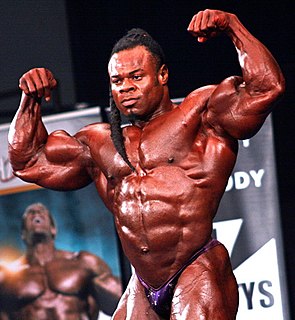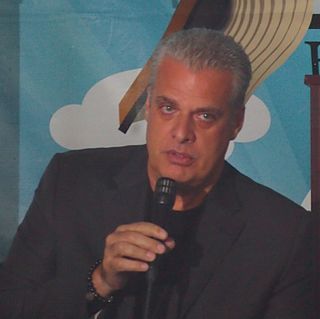A Quote by Michael Giacchino
I think that to capture food in music, you really are capturing an emotional response to food.
Related Quotes
I spend so much money on food, just getting the food for me is a tremendous expense, so there's no way I could even think about paying for supplements. I think of all supplements as food derivative anyway, so If I can only choose between getting the food or the supplements I'd rather opt for the food.
If there was ever a food that had politics behind it, it is soul food. Soul food became a symbol of the black power movement in the late 1960s. Chef Marcus Samuelsson, with his soul food restaurant Red Rooster in Harlem, is very clear about what soul food represents. It is a food of memory, a food of labor.
Cooking is a holistic process of planning, preparing, dining and sharing food. I place food at the center of our humanity, as it nourishes not only our physical bodies but also our emotional and spiritual lives. Food is truly a cultural phenomenon that informs our traditions and our relationship with the earth. I genuinely believe that food connects us all.
I think for diners, it is about crafting an identity around food which we have not really had in a mainstream way in this country. So there is a mass movement of people who identify themselves through their food preferences or even just that they prioritize food - that's where we get this idea of being a foodie.








































